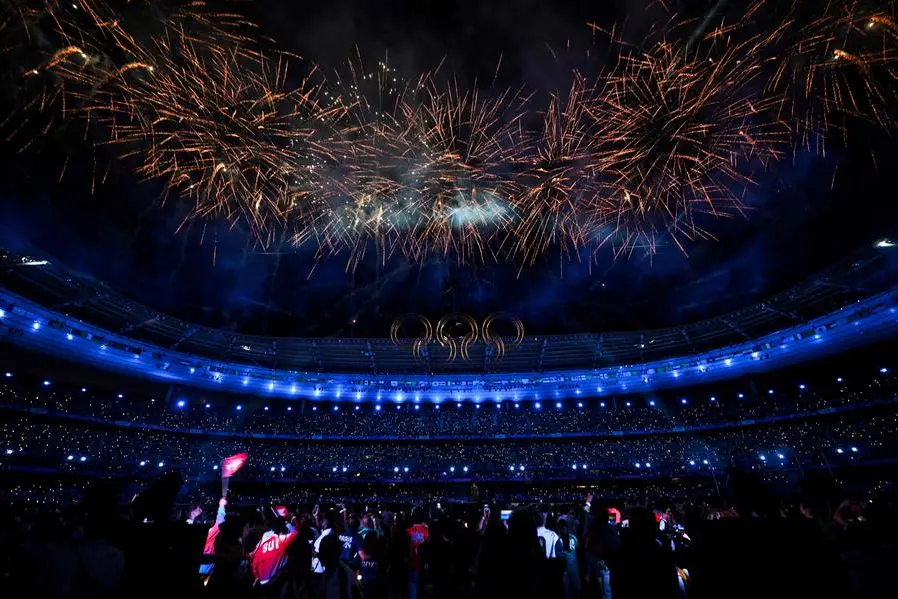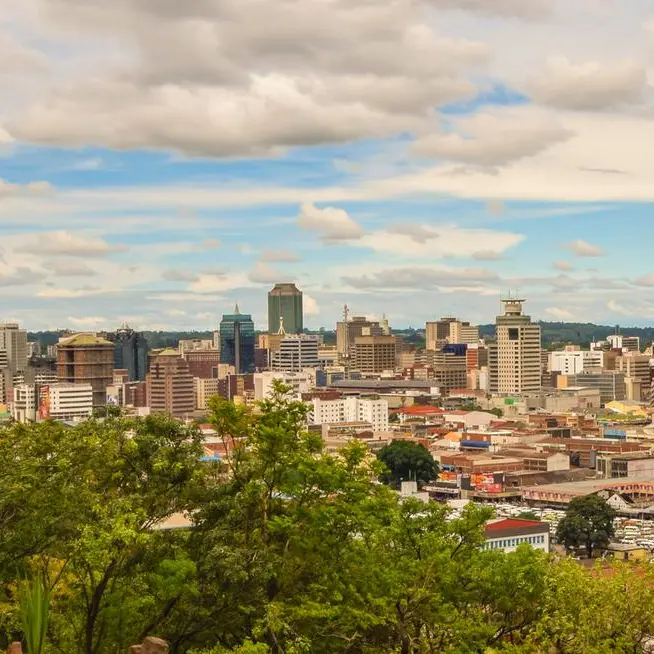PHOTO
Millions of travelers flocked to France for the Olympics, as expected. However, the sporting event of the summer boosted outbound travel too, with travelers leaving host cities ahead of the Games, according to Sabre’s booking analysis.
With the Olympics Summer Games having drawn to a close, Sabre’s insights show that air travel to the main host cities during the Olympic period was up 31% compared to the previous year.
But, what also increased was the number of travellers leaving host cities ahead of the event. And, while the Olympics boosted travel for solo travellers and couples, the event appeared to cause a decrease in family travel, with those with children seeking out quieter destinations away from the excitement of the Games.
Sabre has taken a deep dive into the travel impact of the Olympics, and reveals 11 key findings:
* International travel to major host cities in the first week of the Olympics increased by 31% year-on-year;
* Outbound travel from France in the week before the Olympics was up by 13% year-on-year as travelers headed to quieter destinations;
* International airline capacity to France increased by 7% overall for the three-week duration of the Games;
* Domestic air capacity was down in France overall following the implementation of France’s ban on short-haul domestic flights;
* The busiest day for travel to host cities was July 25th, with travel up 76% the day before the opening ceremony;
* Olympic travellers made their plans well in advance, with bookings made more than 10 months ahead up 165% compared with the same period in 2023;
* Fares for the Olympic weeks decreased closer to the Games;
* The highest year-on-year boost for international travel to France came from North America and Asia Pacific;
* Paris trips were concentrated in the first two weeks of the Games, with other host cities seeing more of a boost in the weeks leading up to the Olympics;
* Travel for solo travellers and couples was up, while family travel was largely down, as families chose destinations away from the hubbub of the events; and
* Travel to Paris from New York and Tokyo is up significantly for the upcoming Paralympics games.
Directions of travel
The Paris Olympics were highly anticipated. Organisers of the previous Games in Tokyo banned spectators as a COVID control measure, so sports fans were eager to watch the Olympics in person this time around. And, as expected, millions of local and international spectators attended the events, with Sabre booking data showing a 31% uptick in international air travel into the main host cities in the first week of the Games.
Paris, where most events took place, enjoyed a big uplift in travel, with an increase of 33% in inbound international air passengers when looking at the week of the opening ceremony.
But other host cities, which hosted events including football, handball and sailing, also saw the Olympic effect. Lille saw a bigger increase in travellers in percentage terms, with air travel up 51% in the first week of the Games, while Nantes had a 35% increase, and Bordeaux had a 33% lift.
Notably, Paris trips were concentrated in the first two weeks of the Olympics, with opening ceremony week recording the highest increase of passengers compared to last year. However, other host cities saw a boost in the weeks leading up to the Olympics. It could be that travellers decided to take a longer vacation to explore those regions of France before heading to the Olympic events. Olympic organisers specifically encouraged travellers to explore each host city, with suggestions of non-Games-related attractions on the official Games website.
Outbound travel
However, not everyone was heading in the same direction of travel. As well as the mass influx of travellers excited to see their favourite teams and athletes, there was also an increase in outbound travel from France in the week before the Games, with outbound travel from the host cities up 13% overall in the week before opening ceremony week, compared to the same calendar week last year.
Last-minute travel but long-term planning
Most travellers arrived for the Games in a last-minute flurry. The day before the opening ceremony was the busiest inbound travel day, with 76% more inbound travel on that day when compared to the same day last year. Below, you can see the year-on-year percentage increase for travel to Olympic host cities in the days leading up to, and beyond the opening ceremony.
However, while they generally arrived the day before, travellers typically planned their Olympic trips well in advance.
Bookings made to host cities more than six months, eight months, and 10 months in advance were significantly up year-on-year for the first week of the Olympics as most passengers made sure to secure their airline seats many months ahead of the Games.
There were 165% more bookings into host cities made more than 10 months in advance for the week of the opening ceremony, compared to the same week the year before.
Fares up and down
While fares to host cities were generally higher year-on-year for travellers making their bookings ahead of time, fare prices then typically decreased for bookings made for Olympic dates in the first two quarters of 2024.
The highest average fare prices were 10 months before the event, matching the high demand we saw for advance bookings. Average fares for bookings made 10 months in advance were up 88% for the week before the Olympics, and then steadily reduced until they were below comparable dates for last year, the Sabre data showed.
Looking ahead to the Paralympics
The Paralympics are also leading to an uptick in travel. While overall travel to Paris remains slightly below last year, New York and Tokyo are once more leading the way when it comes to sporting travel. Travel from New York to Paris on August 27, the day before the Paralympics starts, is up 79%, and from Tokyo up 71% compared to last year.
A complex picture
Sabre’s travel analysis highlights the intricate dynamics that major events like the Olympics create for the travel industry. The Olympics, to borrow a sporting analogy, have proven to be a game of two halves. On one side, there’s a significant uptick in travel to host cities, driven by enthusiastic solo travelers and couples eager to witness the games. On the other side, families and other groups have opted to avoid the Olympic rush, preferring quieter destinations.
This divergence underscores the importance for the travel ecosystem—including airlines, travel agencies, and hoteliers — to use advanced technology to better understand and cater to the diverse needs of travelers. As the industry looks ahead to future global events, having the capability to anticipate and respond to individual travel preferences will be crucial. By doing so, the travel sector can ensure it provides tailored experiences, whether travelers are heading to the heart of the action or seeking respite from it, Sabre said.
Copyright 2024 Al Hilal Publishing and Marketing Group Provided by SyndiGate Media Inc. (Syndigate.info).





















